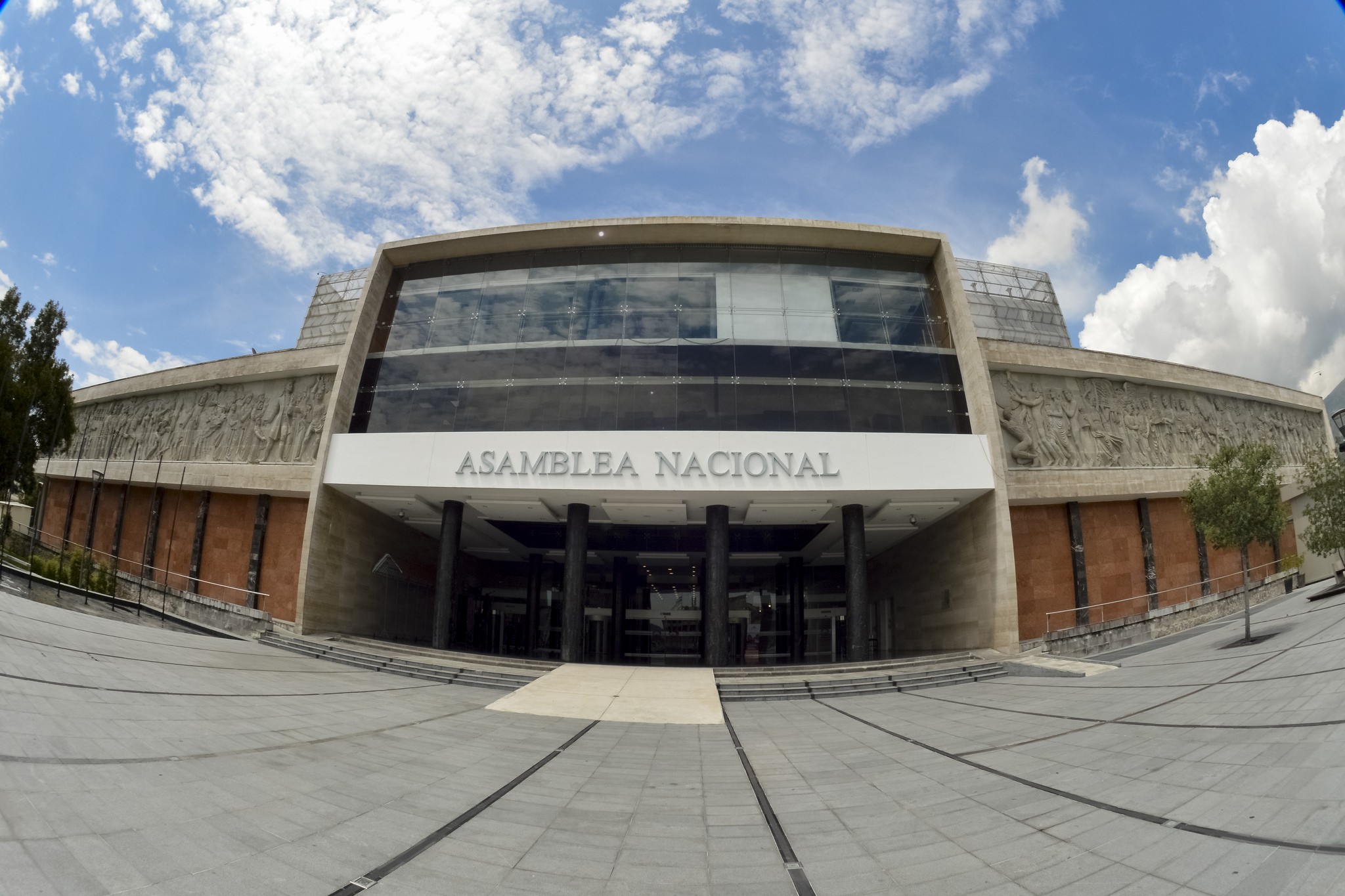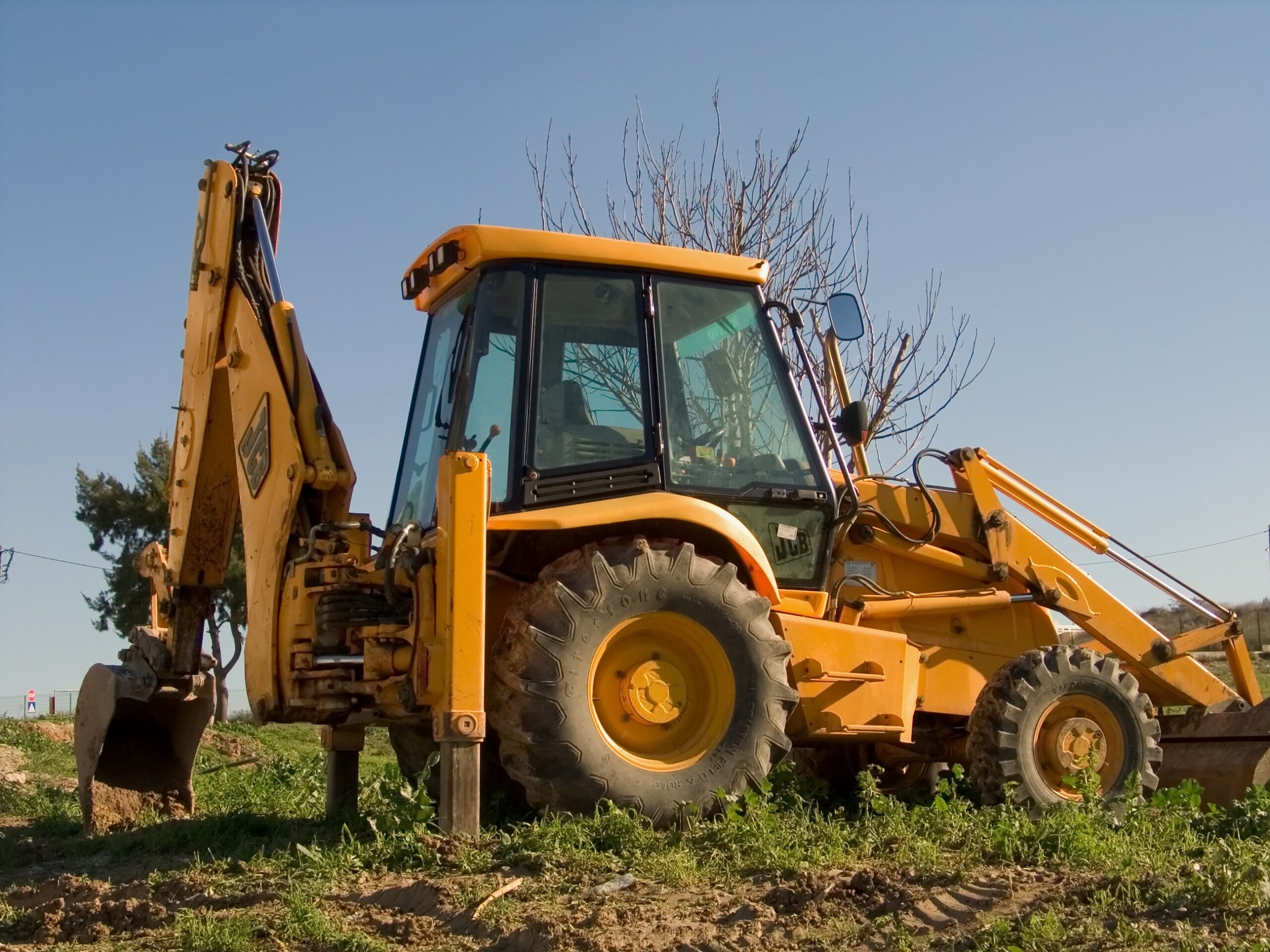PRE-LEGISLATIVE CONSULTATION TO INDIGENOUS PEOPLES IN CASES OF POSSIBLE AFFECTATION OF THEIR COLLECTIVE RIGHTS
December 6th, 2022
On November 28, 2022, decree No. 604 was issued with the procedure for applying a pre-legislative consultation before the issue of the executive branch’s normative acts of the Executive Branch. The following are the main elements of this regulation:
1- PURPOSE
a) The purpose is to regulate the procedure for implementing the pre-legislative consultation, which is mandatory for the Executive Branch entities regarding the issuance of normative acts that could affect the collective rights of the indigenous communes, communities, peoples, and nationalities (“Consulted People”).
b) The outcome of the pre-legislative consultation is not binding.
2- CONSULTATION SUBJECTS
a) The indigenous communes, communities, peoples, and nationalities are subject to consultation by themselves or through their representative organizations.
b) For indigenous peoples in voluntary isolation, there is no pre-legislative consultation since the principle of non-contact prevails.
c) The entities of the Executive Function are the consulting entities.
3- PRINCIPLES
a) Opportunity: it will be conducted before the issuance of any normative act that could affect the aforementioned collective rights.
b) Reasonable time: This procedure will be carried out within the necessary time.
c) Good faith: the parties will act with honesty, integrity, transparency, diligence, and responsibility in a climate of trust, collaboration, and mutual respect.
d) Interculturality and plurinationality: it will be executed within the framework of these principles.
e) Information: the consulting entity will provide to the Consulted People with the necessary information for consultation in the languages of official use for them.
f) Voluntary: the participation of the Consulted Peoples is voluntary and may not be imposed.
g) Administrative efficiency: it will be performed expeditiously, safeguarding the exercise of rights without unjustified delays by the parties.
4- RULES
a) The pre-legislative consultation will be carried out before the issuance of the normative act.
b) The normative projects could be socialized to other groups to obtain their feedback.
c) Pre-legislative consultation is not a substitute for free and informed prior consultation, popular consultation, or environmental consultation.
d) The criteria of Consulted People must refer exclusively to aspects that may objectively and directly affect their collective rights.
e) Prior to the issuance of any normative act, there must be a motivated report of relevance, on technical and legal aspects, indicating whether there is a possible affectation of collective rights.
5- PHASES
a) Identification of Consulted Peoples: with the relevance report, the consulting entity will identify the Consulted People according to the corresponding cadastre, for which it will have the technical support of the governing entity of the management and development of indigenous peoples and nationalities. Those who have not been initially identified may request to be consulted.
b) Public announcement:the consulting entity will make the public call within 10 days of the identification of Consulted People with the supporting documentation available through its media outlets.
c) Consultation execution: within 20 days of the official information delivery to the Consulted People, they must send the result of their internal consultation process to the consulting entity. The Consulted People must develop an internal discussion based on the information provided, under their responsibility, customs, traditions, deliberation, and decision-making procedure, without any external intervention. They can gather technical and specialized opinions if required.
If the Consulted People does not deliver the result of the consultation within the established term, the process for the issuance of the normative act project will continue.
d) Analysis of results and closure of the pre-legislative consultation: Once the results of the pre-legislative consultation have been received, within 5 days the consulting entity will analyze the contributions delivered. Within 5 days of the results’ compilation, the consulting entity will prepare the final report.
The administrative body proposing the normative project will prepare the final report and send it immediately to the highest authority of the entity for its corresponding analysis and approval, which will analyze the pre-legislative consultation process. Finally, it will issue the normative act that was consulted.
6- TRANSITIONAL PROVISIONS
a) The current normative acts that are underway at the date of publication of this procedure will continue until their completion with the consultation proceeding they have initiated.
b) Within a 20-day term, the Secretariat for Management and Development of Peoples and Nationalities or whoever takes its place, will deliver to all the entities that make up the Executive Branch the registration or cadastre of the indigenous communes, communities, peoples, and nationalities. The cadastre must be updated.
c) The Executive Branch entities must include resources for the pre-legislative consultation process in their budget.





Leave a comment